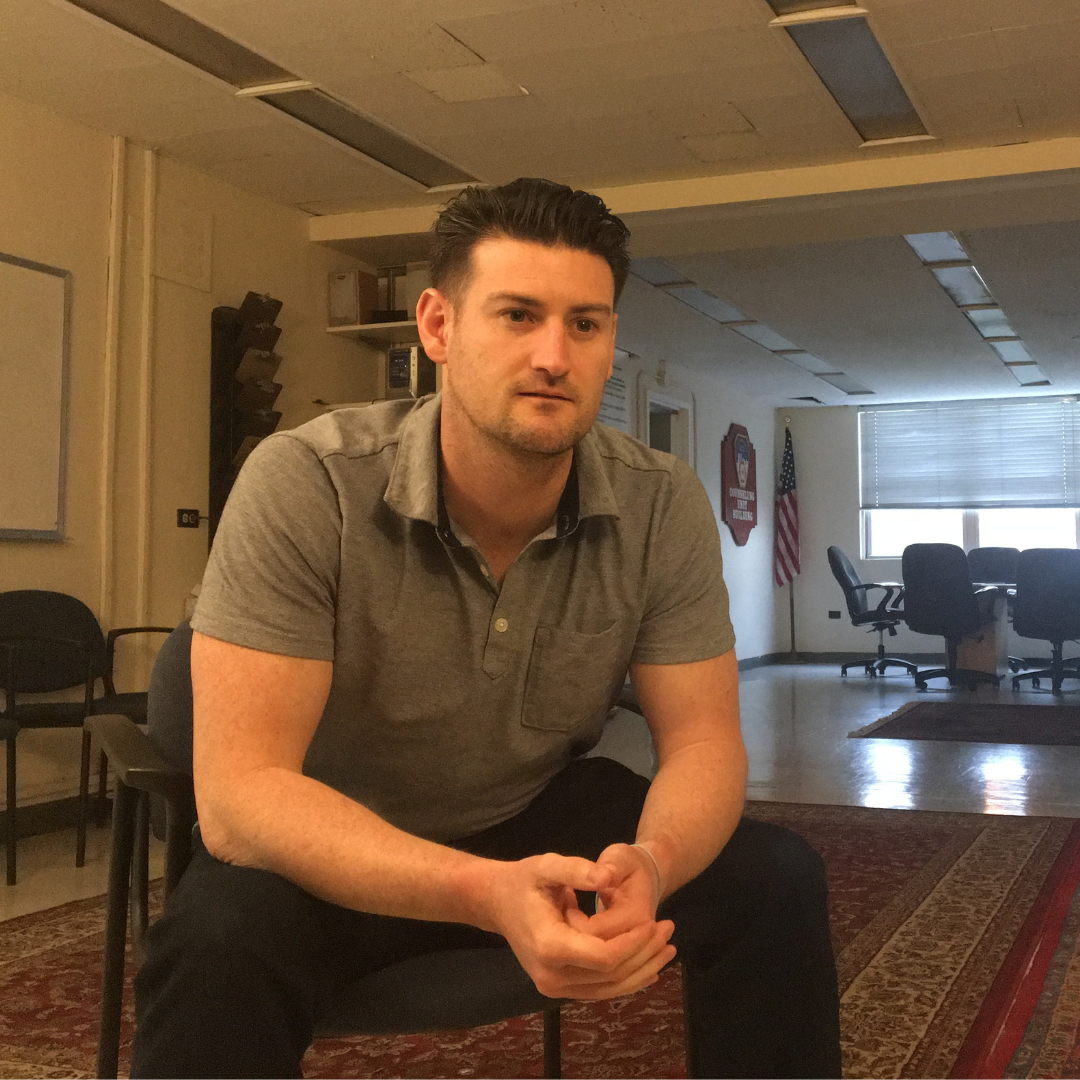The Right Words To Say To Get Your Child Back From Addiction When Nothing Else Works
Your child doesn't have to hit rock bottom. They don't have to 'want help'
And you don't have to watch helplessly as they slip further away
Get The Framework That Gets Results
The Three-Phase Conversation Framework gives you exactly what to say to break through denial - even when your child insists there's no problem.
Your child doesn't need to 'want help' to get started.
They need you to know exactly what to say, when to say it, and how to say it.
Are You Tired Of Being Told That There's Nothing You Can Do?
"They have to want it."
"They need to hit rock bottom."
"There's nothing you can do until they're ready."
Every time you hear these phrases, that knot in your stomach tightens. Because waiting could cost your child their future - or worse.
You're stuck in this impossible situation because:
- Your child refuses to listen no matter how reasonable you try to be
- Every conversation ends in arguments, denial, or empty promises that never materialize
- You freeze in the moment, not knowing what to say when faced with manipulation
- You've already tried reasoning, pleading, and even threatening - but nothing changes
- You're terrified that pushing too hard might destroy your relationship
- The "experts" keep telling you to detach with love and focus on yourself
Here's the truth: The biggest obstacle isn't your child's resistance - that's expected with addiction.
The real problem is that until now, you haven't had the right words to break through that resistance when nothing else works.
That's not your fault. Nobody teaches parents how to handle this. The standard advice about waiting for rock bottom or letting them figure it out on their own is wrong.
Dangerously wrong.
While waiting for them to "want help," addiction rewires their brain against that very possibility. The longer you wait, the harder it becomes to reach them.
You don't need to wait. You need a proven framework that works even when your child insists there's no problem.

The Silent Struggle No Parent Should Face Alone
You lie awake waiting for your child to come home – or worse, dreading that phone call.
You watch helplessly as your bright, promising child transforms into someone you barely recognize.
Your home has become a minefield. You walk on eggshells, yet still find yourself in explosive arguments that leave everyone wounded.
The shame and isolation grow as you make excuses to friends about your child's behavior. You stop sharing the truth of what's happening in your home.
Friends and family offer conflicting advice making you second-guess every move. Some say you're overreacting; others tell you to kick them out. Therapists suggest patience. Meanwhile, your gut screams time is running out.
Each failed attempt leaves you questioning yourself: "What did I do wrong? Why can't I fix this?"
Each day, another piece of them slips away – their potential, their joy, their future – replaced by the lying, manipulating, and broken promises of addiction.
And always, that nagging voice:
"If I just knew the right thing to say... I could save them before it's too late."
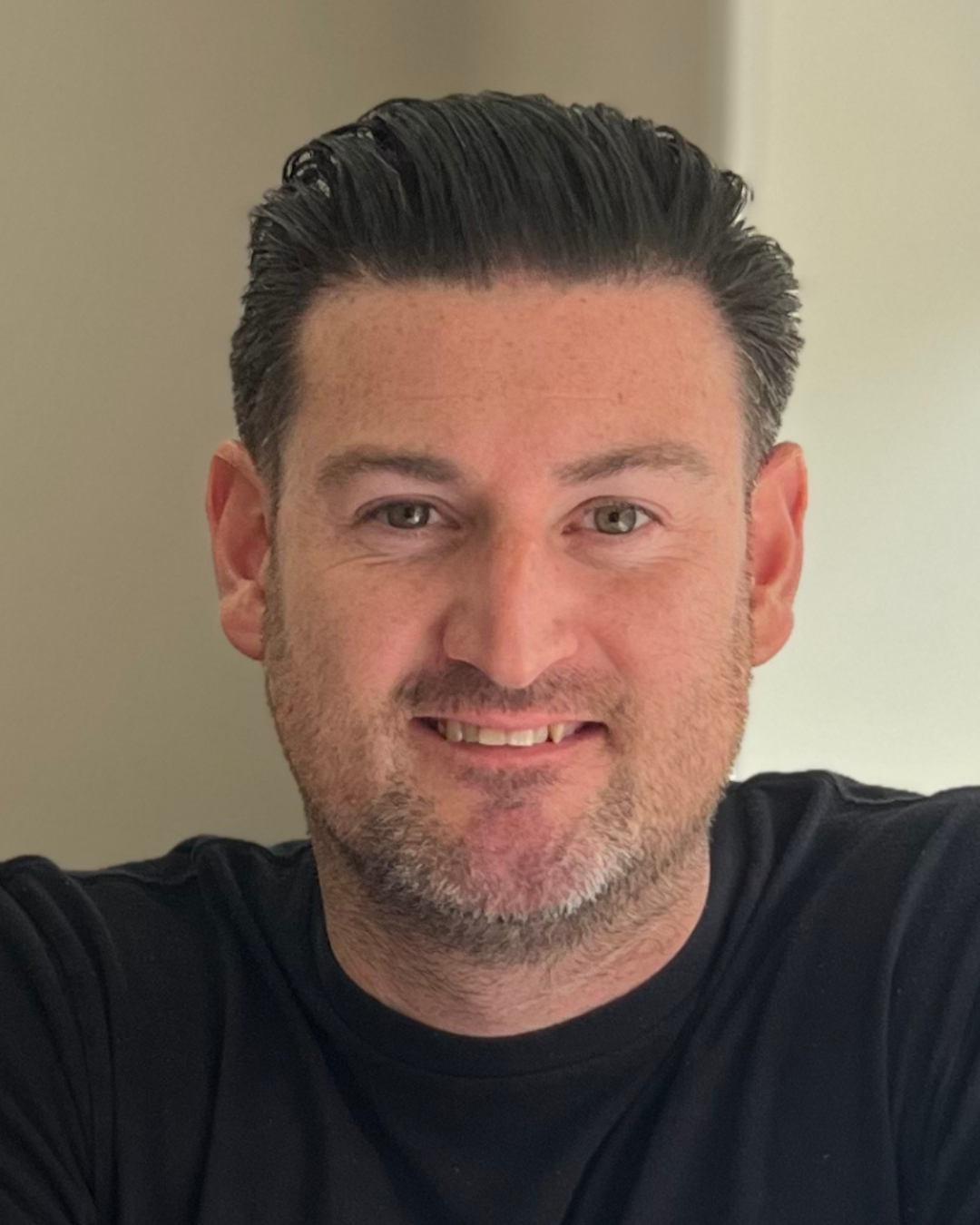
I've Been Where You Are - On Both Sides of This Conversation
At 17, I was your child - and here's what most people don't understand: I often wanted to stop. I made promises to myself that I would. But I couldn't stop on my own. My attempts would fail, over and over.
If confronted, I of course would say I didn't have a problem or need any help - and I believed that. But despite having two sober parents and knowing where to find help, it never occurred to me to ask for it. Not even once.
That's what "can't stop" really means.
As head substance abuse counselor for the New York City Fire Department (2015-2023), I had hundreds of one-on-one conversations with resistant, denial-driven firefighters who insisted they didn't have a problem.
What I learned hearing their stories: even after hitting what anyone would consider "rock bottom," they would drink or use again. Even after promising themselves they wouldn't.
What chance does your child have if you continue to wait?
The turning point in my recovery came when my mother knew exactly what to say to break through my denial. What she said that day saved my life.
This is the missing piece in addiction recovery: knowing precisely what to say to create a breakthrough moment, even when they're convinced they don't need help.
Your Child Is On a Train With No Brakes
(And It's Accelerating)
Most parents think addiction is a choice their child is making. A behavior they're choosing. Something they could stop if they really wanted to.
But here's what's actually happening:
Year 1: The Train Leaves the Station Speed: 20 mph. They can still see you waving. Everything seems manageable. → Experimental use. Still passing classes. Relationships intact. You think: "It's just a phase."
Year 2: Picking Up Speed Speed: 50 mph. The scenery is blurring. They're not waving back anymore. → Regular use. Grades dropping. New friends. Lies beginning. You think: "I need to have a talk with them."
Year 3: No Brakes Speed: 90 mph. They can't stop even if they want to. The cliff is approaching. → Daily use. Failed promises. Stealing. Crisis mode. You think: "How did this happen?"
Here's the terrifying part: Your child doesn't know the brakes are gone until they try to use them. And by then, they're going so fast that stopping feels impossible.
The cliff? Overdose. Accident. Arrest. Death.
The question isn't WHETHER your child's train has brakes. The question is: Are you going to find out before or after the cliff?
The Three-Phase Conversation
This isn't about preventing your child from getting on the train. The train’s already left the station. This is about recognizing they can't stop and helping them before it's too late.
Get Instant Access
Phase One: Love and Clear Position
- Express love and concern while providing undeniable evidence of addiction's impact
- Make a tactical admission about past enabling that disarms defensiveness
- Establish your position clearly: addiction is the root issue
- Ask for commitment to accept help using specific question techniques
Phase Two: Exhausting Objections
- Address every excuse, objection, and perceived barrier systematically
- Use the Objection Response Guide to counter common resistance tactics
- Apply persistence strategies that wear down denial without confrontation
- Secure commitment by eliminating all escape routes
Phase Three: Meaningful Boundaries
- Implement clear, specific boundaries that create leverage for change
- Present boundaries with love while remaining firm in your commitment
- Use positive leverage to inspire hope while maintaining pressure
- Follow through consistently to maintain credibility

This process follows a specific sequence that leaves no room for denial or manipulation. Unlike improvised approaches, this framework anticipates resistance and provides exact responses for every objection
Here's What Can Happen When You Follow This Framework:
When you implement the Three-Phase Conversation, transformations occur:
- Your child accepts help, even if they initially resist
- You break the cycle of enabling that perpetuates addiction
- Family chaos gives way to structure and clarity
- You regain your voice as a parent
- Your child receives the help they desperately need
- Peace returns to your home and relationships
- You sleep through the night knowing you've taken effective action
- Your family begins the healing process together
One mother reported: "My son couldn't thank us enough for getting him the help he needed. He thanked us over and over again. It was the best case scenario we could have hoped for."
Instead of paralysis, you'll have clear action steps. Instead of enabling, you'll know how to effectively support recovery. Instead of constant worry, you'll have peace of mind knowing you've done everything possible.
Most importantly, you'll potentially save your child's life by intervening effectively before tragedy strikes.
Why This Works When Nothing Else Has
Most approaches focus on improving communication or teaching coping skills. That's important, but it misses something crucial: Your child has an addiction. By definition, that means they can't stop on their own.
The Three Phase Conversation is different because it:

Addresses the immediate crisis
- Unlike programs that take months of family therapy, this gives you exactly what to say and do this weekend
- Stop hoping things will get better and start taking effective action immediately
- Learn how to create urgency without resorting to ultimatums, helping your loved one see the reality of their situation while leaving the door to recovery wide open

Provides clear action steps
- Get a proven framework with specific responses for every objection your child will raise
- Know exactly how to handle resistance, denial, and manipulation
- Follow a systematic three-phase approach that guides you from expressing concern to setting meaningful boundaries, ensuring you never get sidetracked or lose momentum

Gets results in days, not months
- The Three Phase Conversation is designed to get your loved one to accept help now, before things get worse
- Stop the dangerous behavior first, then work on the deeper issues
- Create immediate shifts in family dynamics that support long-term recovery

Comes from real-world experience
- Developed from helping hundreds of resistant, denial-driven people accept help while working as head substance abuse counselor for the New York City Fire Department
- Refined through thousands of hours working with clients and families just like yours
- Combines professional intervention techniques with practical, real-world strategies that actually work

Actually gets your loved one to accept help
- This method gives you the tools to break through denial and resistance
- Creates the leverage needed to get them to say "yes" to help, even when they're convinced they don't need it
- Makes it more likely they'll stay in treatment and engage in recovery
Here's What You'll Get
The Complete Three Phase Conversation Masterclass includes:

Step-by-step guidance for implementing the conversation

Word-for-word scripts customizable to your situation
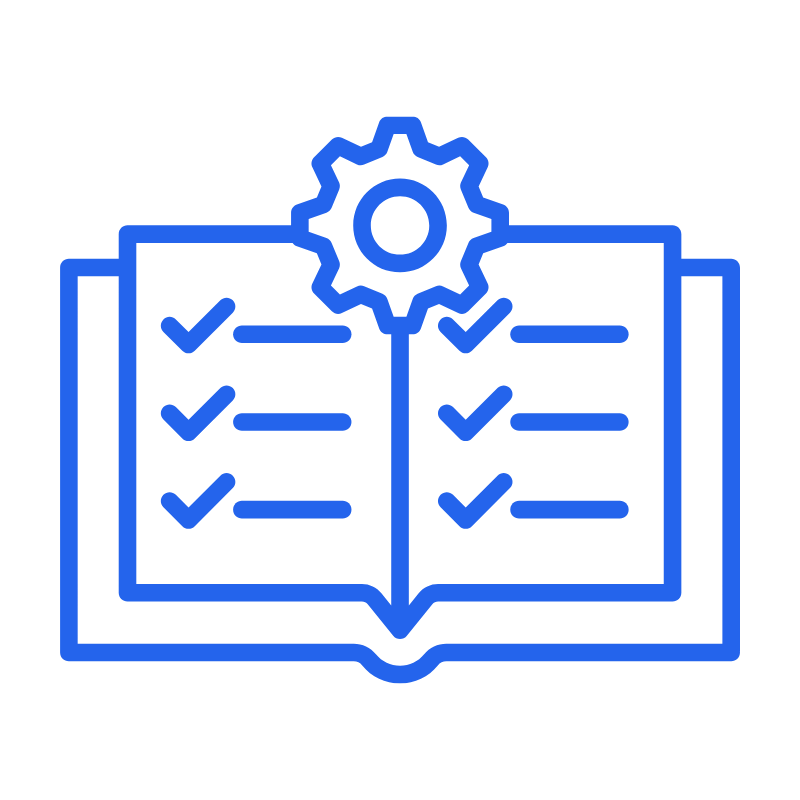
The Objection
Response Guide
This Is Your Moment
Right now, you're standing at a crossroads. You can:
1. Keep trying what hasn't been working
2. Wait and hope things get better on their own
3. Take action now with a proven approach
The Three Phase Conversation Masterclass
This isn't just another program. It's a comprehensive, step-by-step framework designed to help you take immediate, effective action.
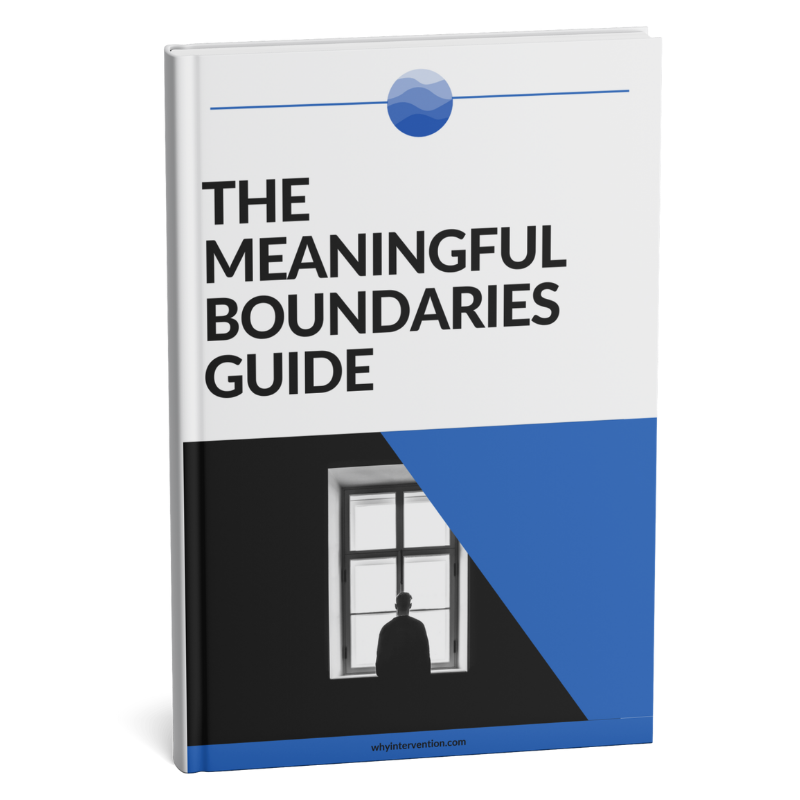
Meaningful Boundaries Guide
- Learn how to set boundaries that aren't just words, but powerful tools that guide your loved one toward lasting help.
- Discover how to hold these boundaries consistently by preparing yourself emotionally, ensuring they are respected because you've communicated them clearly with love rather than frustration.
- Understand how to craft "I" statements that explain why each boundary matters, making them meaningful rather than punitive, and transforming your approach from enabling to supporting recovery.
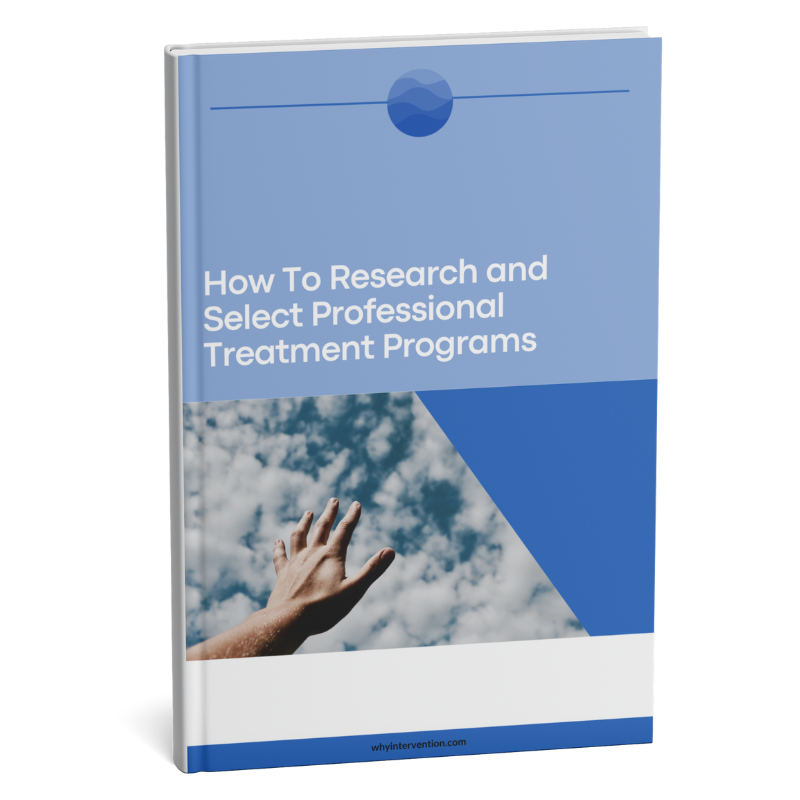
How to Research and Select Professional Treatment Programs
- Get a detailed roadmap for evaluating and choosing the right treatment program for your child.
- Understand what to look for in a program, what questions to ask, and how to ensure it aligns with your child's specific needs.
- Be fully prepared with vetted options before your conversation, so when your child agrees to get help, you can act immediately—avoiding delays, scams, or missing the critical window of opportunity.

The Primary Tactics
- Access the same in-depth strategies interventionists use to achieve same-day results.
- Learn how to apply these tactics to your situation, breaking through denial and resistance effectively.
- Master the "No-Oriented Question" technique and "Pre-Problem Solved Solutions" approach that turns "no" into "yes" by exhausting every possible objection.
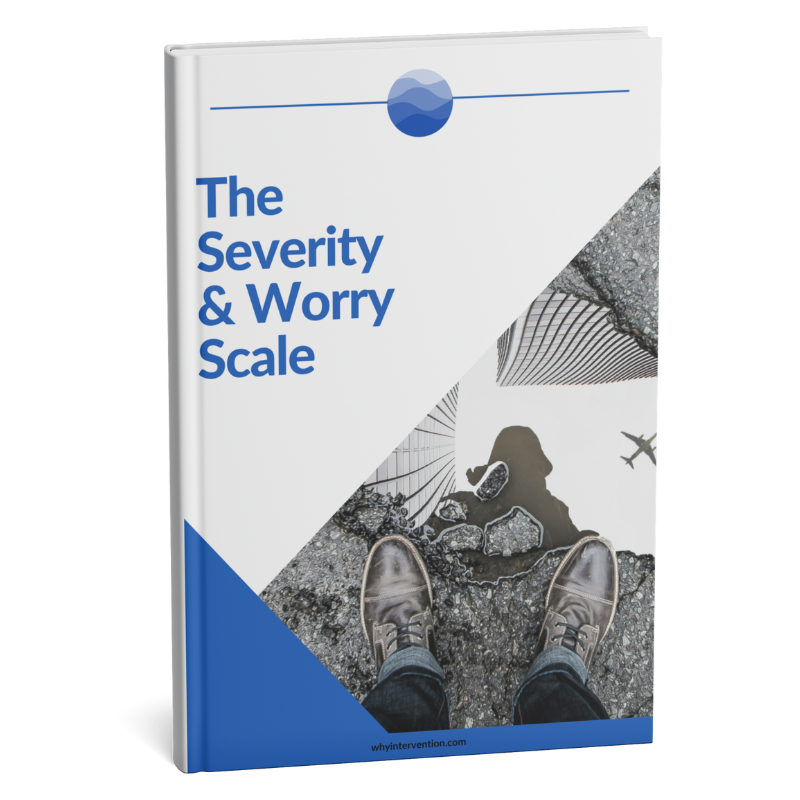
Severity and Worry Scale
- Use this tool to assess the urgency of your child's situation and determine the perfect time to have your Three Phase Conversation.
- Gain clarity on the severity of the problem, helping you make informed decisions about next steps.
- Identify early warning signs that others miss, before addiction progresses to its most dangerous stages- allowing you to intervene when your influence is strongest and recovery chances are highest.
"But What If They Say No?"
The Objection Response Guide: Your Secret Weapon
When your child says "I don't have a problem" or "I can stop whenever I want," you'll know exactly what to say. This powerful guide includes:
- Over 100 proven responses to the most common objections
- Word-for-word scripts that turn resistance into acceptance
- Specific strategies for handling manipulation and denial
- Real examples from successful interventions
These aren't theoretical approaches—they're battle-tested responses that have helped countless resistant people accept help, even when they were convinced they didn't need it.
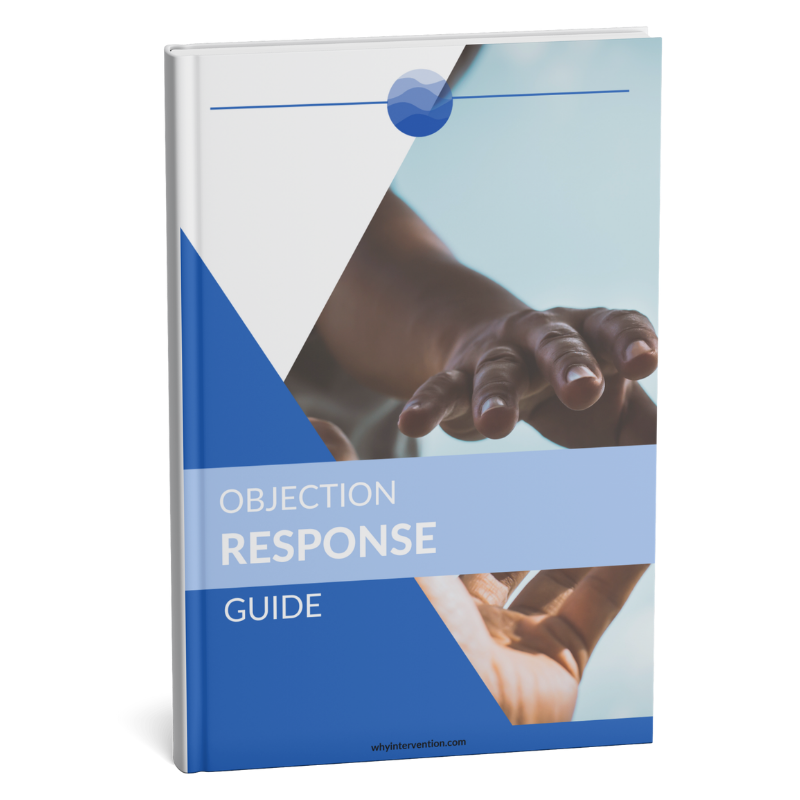
Your Investment in Their Future
This comprehensive system includes everything you need to help your loved one:
- Three-Phase Conversation Framework - Your complete blueprint for success
- The Primary Tactics - The exact techniques I teach to all my private clients
- Objection Response Guide - Never be caught unprepared for resistance or denial
- Meaningful Boundaries Guide - Set limits that actually influence change
- Severity and Worry Scale - Know precisely when and how to intervene
- Treatment Program Selection Guide - Choose the right program without being misled
- Pre-recorded trainings, scripts and examples - See exactly how these conversations succeed
Professional interventions typically start at $10,000 and soar upwards of $20,000 - putting effective help out of reach for most families.
While these interventions can be effective, they often come too late—after years of watching your child spiral further into addiction and enduring countless sleepless nights filled with paralyzing worry and helplessness.
There's a better way to take action today, with a solution that provides the same professional-grade intervention strategies without emptying your savings account when you need it most.
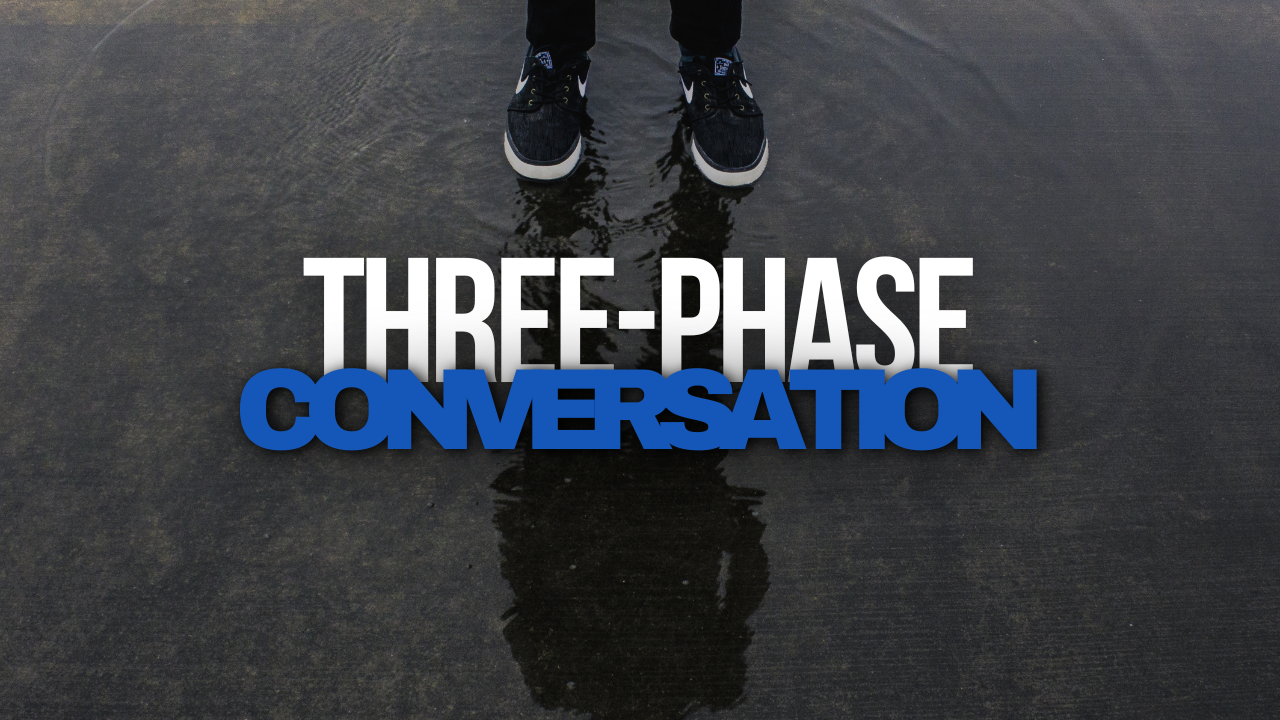
Option 1:
$395
Three-Phase Conversation Framework
- Get immediate access to the complete framework that's helped hundreds of families guide their loved ones to recovery
- Includes the Meaningful Boundaries Guide, Professional Treatment Program Selection Guide, Severity and Worry Scale, Objection Response Guide and more
- Perfect for those who want to know how to take action with a proven, self-guided approach at their own pace
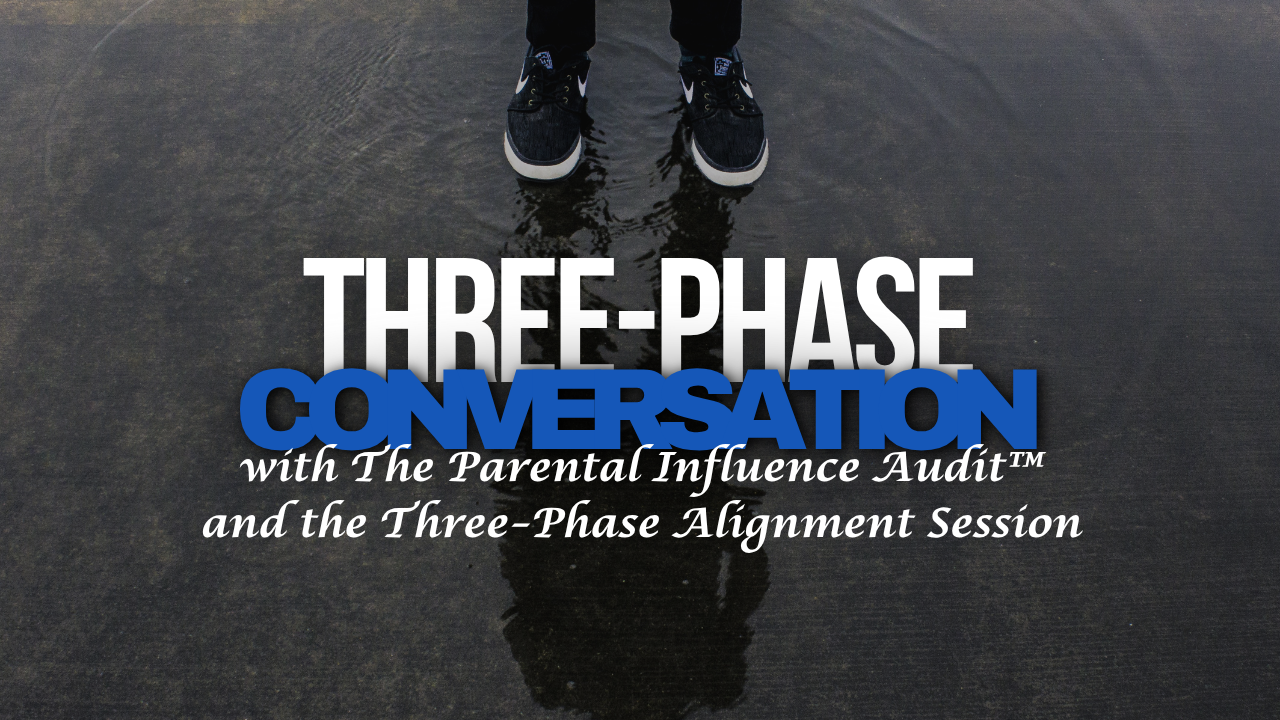
Option 2:
$995
Get The Framework, plus:
- 30 Days 24/7 VOICE + TEXT Access: Direct, personal messaging with Chris, guaranteed 24-hour response time- no bots, no AI.
- The Parental Influence Audit™ 75 Minutes: A forensic look at how your communication is landing- and how to rebuild influence immediately
- Three-Phase Alignment Session™ 60 Minutes: Fine-tune your words, tone and presence across all three phases- so your child knows this conversation is different- and feels safe enough to accept help
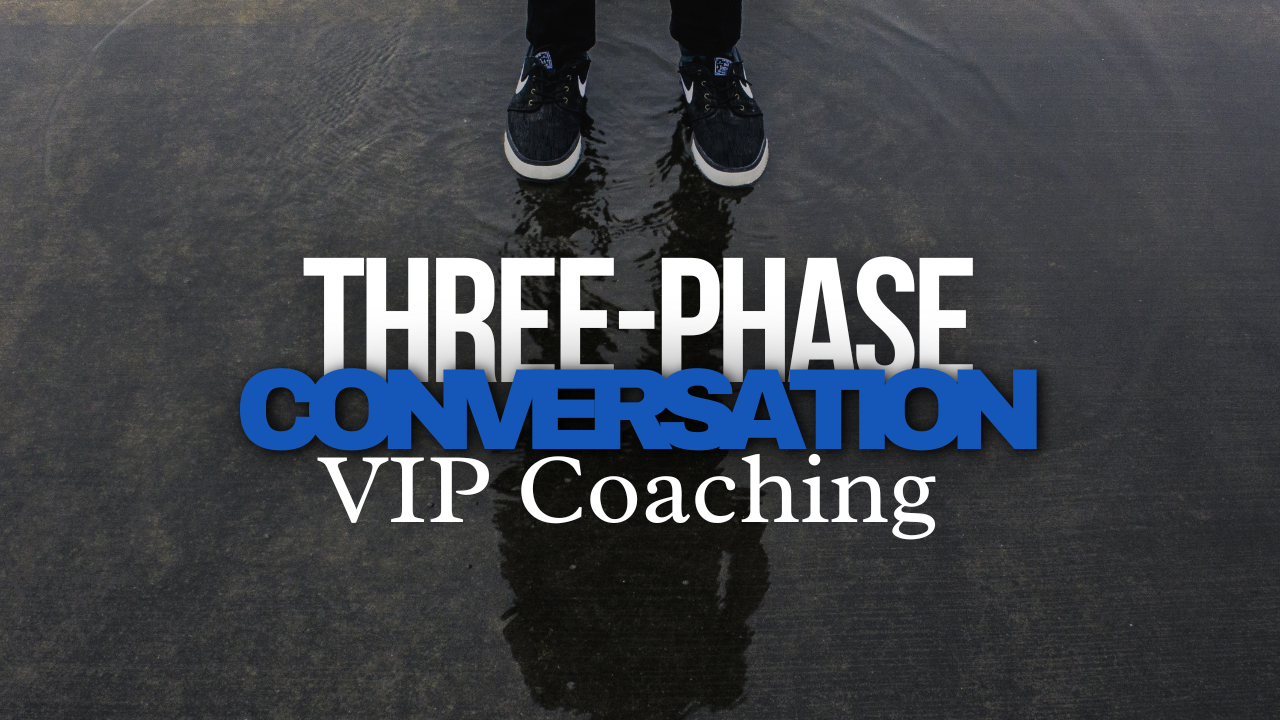
Option 3:
$1995
Everything you get with Option 2, plus
- Three ADDITIONAL 60 Minute 1-on-1 Coaching Sessions with Chris: This is for parents who want to have the conversation right away. You’ll get immediate, hands-on guidance to script and rehearse- scheduled as needed.
- HIGHEST PRIORITY- Rapid Response 24/7 VOICE + TEXT Access for 30 Days: For parents ready to act now. This elevated level of access ensures near-immediate responses to your texts and voice notes- so you have expert direction from Chris right when you need it most.
- Limited Availability
You Don't Have Time to Wait
I know because I've taken those calls - from parents who waited too long, who tried everything else first, who wished they'd acted sooner.
By taking action today, you'll avoid:
- The devastating cost of waiting until crisis strikes
- Spending $10,000-$20,000+ on professional intervention services years from now
- Wasting thousands on therapists and psychiatrists who fail to address the underlying problem
- Cycling through expensive treatment programs without proper preparation
- Calling in favors for job opportunities your child can't sustain
- Risking embarrassment with family, friends, and colleagues in futile attempts to "fix" their situation
- The stress and frustration that comes from your child being financially dependent on you
- Paying for classes, programs, or fresh starts that quickly fall apart
- Covering up incidents and making excuses to protect them
- Moving them to new environments that don't change the core issue
- The emotional toll of watching your child spiral further while trying everything but the one thing that works
None of these approaches work because they don't address addiction head-on the way the Three-Phase Conversation does. They treat symptoms while ignoring the cause.
The most common mistakes include waiting too long, being inconsistent with boundaries, getting emotional during conversations, making threats without follow-through, and believing the myth that your child needs to "hit bottom" before recovery is possible.
Every day you wait is another day your child moves further away from you, making recovery more difficult and expensive.
Start Now
Consider What's Really At Stake
When you compare the $395 investment to what's at stake, the decision becomes clear:
- The average cost of addiction in terms of treatment, lost wages, legal issues, and healthcare can reach hundreds of thousands of dollars
- Professional interventions can cost upwards of $20,000+
- The emotional cost of years spent in crisis mode is immeasurable
- The very real physical health impacts on you and other family members
- The potential loss of your child's future - or worse - is something no parent should risk
I've invested my entire adult life firsthand in addiction recovery, professional training, and hands-on experience helping hundreds of families and thousands of addicts - an investment worth well over $100,000 in education and experience.
The Three Phase Conversation Framework distills that knowledge into an accessible, affordable format that anyone can implement successfully.
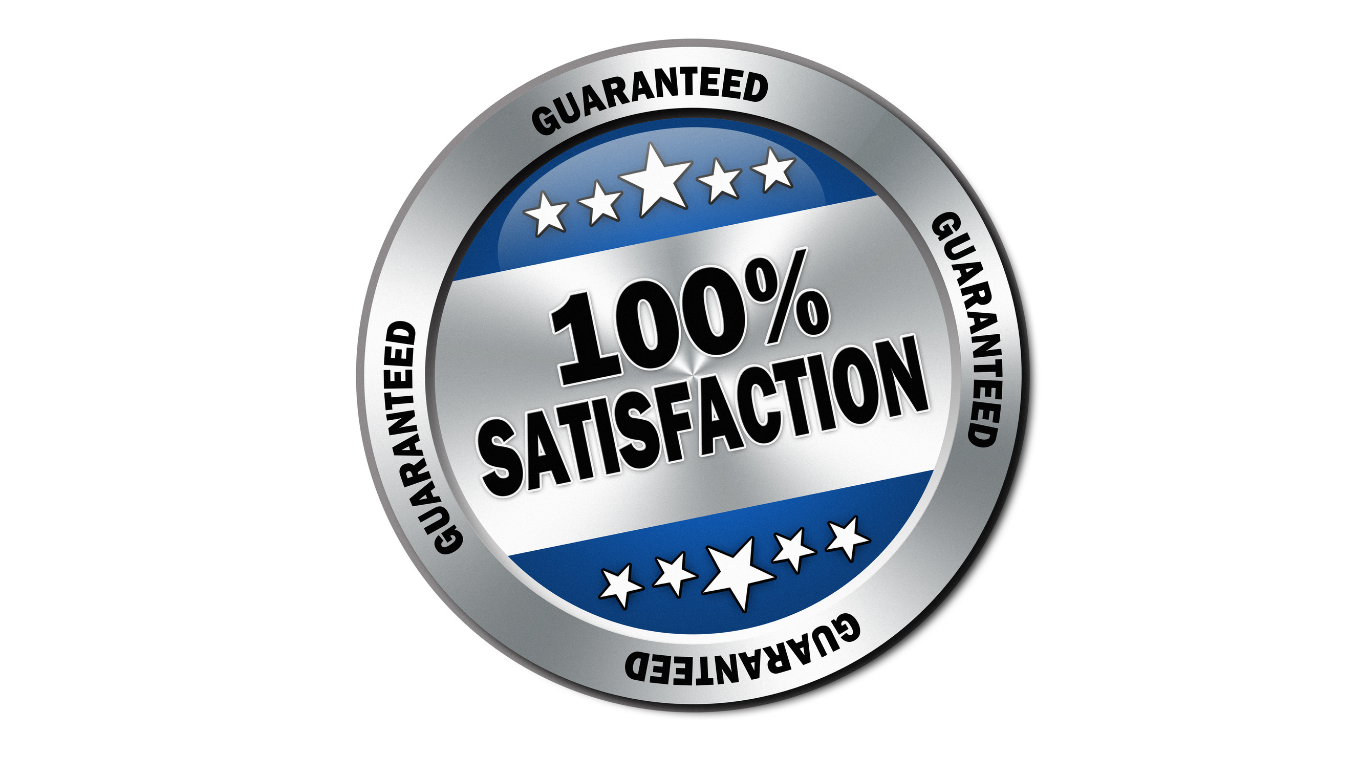
My 100% Won't Give Up Guarantee
I know this journey is incredibly difficult. The truth is, no one- not even the best interventionist in the world—can guarantee your loved one's long-term sobriety. That's simply not how addiction works.
But here's what I can promise you: If you don't give up on your child, I won’t either.
What matters most to me is giving your child an opportunity to get sober and live a happy, healthy life. My deepest motivation is providing you with the tools and skills in this Three Phase Conversation Framework, knowing I played some role in giving you the ability to help your child take those first crucial steps toward recovery.
Because I know the alternatives all too well. Without effective intervention, families typically find themselves in one of two heartbreaking situations: either surrendering to helpless apathy as hope slowly fades, or reaching a fragile peace by learning to cope with their loved one's active addiction. Both paths lead to the same painful reality- your child remains trapped in addiction's grip, unable to break free without someone who knows exactly what to say, when to say it, and how to help them envision a life beyond substances.
If you go through each step of the process, put in the effort, and still don't feel more confident and equipped to help your loved one, I'll gladly refund your $395 investment in full within 30 days. That's how deeply I believe in this approach and its power to help your family.
Let's Get Started
Still Not Sure?
Remember:
The parents who successfully help their children aren't the ones who prevent all substance use - they're the ones who know exactly what to do when it becomes a problem.
Let me help you be one of those parents.
Get Help NowWe Understand Your Concerns
Let's Address Them Together:
Will this work if my child is completely resistant to getting help?
What if I've already tried talking to my child about their substance use?
My child is over 18. Can I still use this approach?
How soon can I implement this after purchasing?
Is my child's situation serious enough to warrant this?
Will this damage my relationship with my child?
What if it doesn't work?
Can I really implement this successfully without professional help?
Is this just for severe addiction cases, or does it work for early-stage substance use too?
What if my child truly doesn't have a substance problem, but has other behavioral issues?
Will I need my spouse/co-parent to be on the same page for this to work?
My child is very smart and manipulative - won't they see through this approach?
How is this different from an intervention like I've seen on TV?
What if I mess up and say the wrong thing?
What if my child says No?
What if they agree to get help but then change their mind?
What if I'm still just too afraid that I'm going to lose them if I try this?
What if I still don't believe this can actually work for my child?
Why This Matters So Much To Me
I created the Three-Phase Conversation because I've been on both sides of addiction, and I know the right words can save lives.
I understand the terrible paradox: your child can't stop on their own, but denial tells them they can. They truly believe they don't have a problem and don't need help – just as I once did.
I've lived it. I've witnessed it. And I've broken through it. Repeatedly.
Early in my professional counseling career, I was leading a family group when a mother attended for the first time. She was struggling to admit that her son was addicted to fentanyl. Fighting back tears, she choked out the words every parent dreads: "I just didn't know what to do."
In that moment, I made a promise to myself: No parent should ever feel that helpless again.
This framework is my answer. This is exactly what to do. This is how to find the right words to say to get your child back.
My own mother didn't wait for me to hit rock bottom. She didn't wait for me to "want help." She knew what to do and say to break through my denial – and she saved my life. Now I want to give you that same skillset – knowing what to say, when to say it, and how to say it for your child.
What fires me up most is seeing that moment of breakthrough – when a child who's been resistant for years finally accepts help. That moment makes all of this work worthwhile.
And nothing compares to the quiet satisfaction of watching a parent take their first deep breath in years, the relief in their eyes when they tell me their child just celebrated one year sober.
I can't help being the person who refuses to give up. Lives that can be saved need to be saved. If you keep showing up for your child, I promise I'll keep showing up for you.


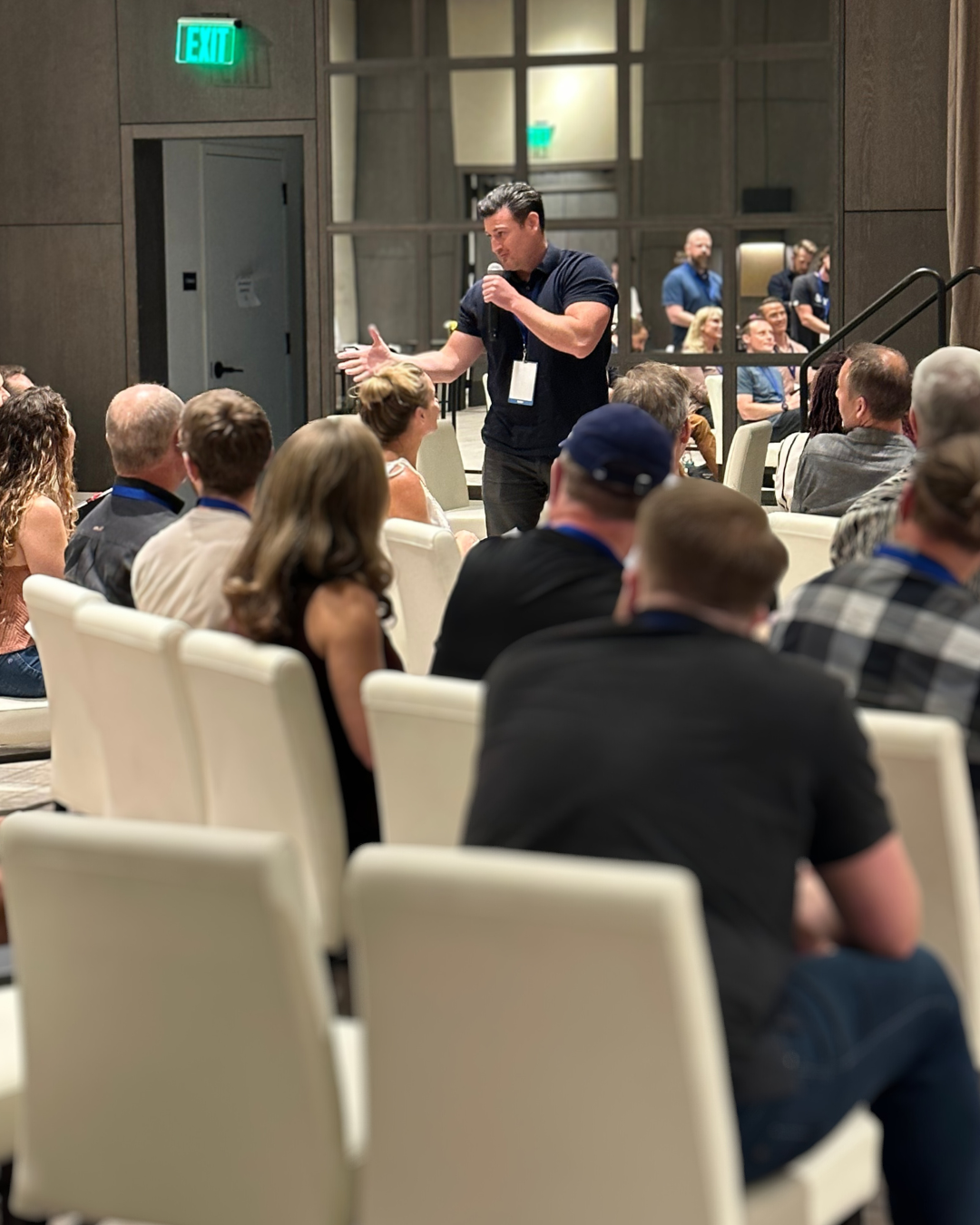
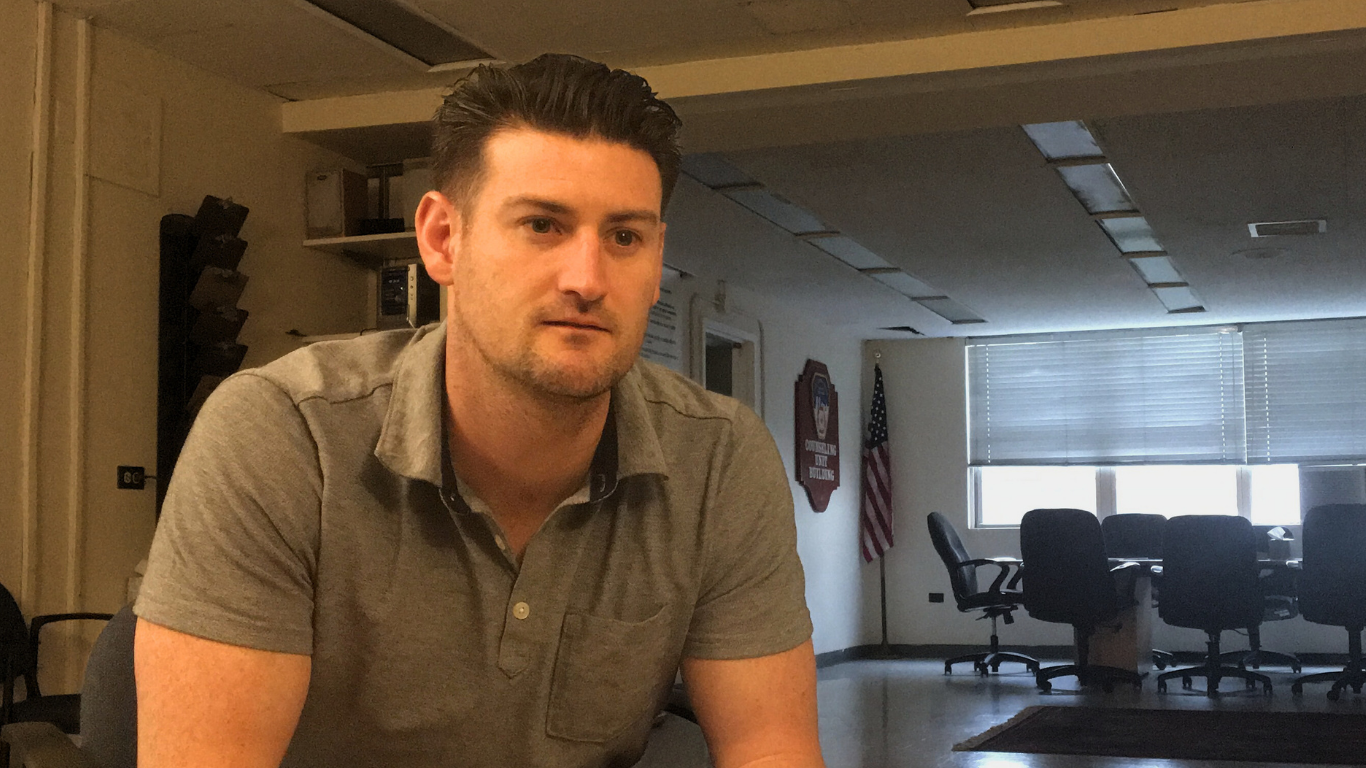
A Unique Perspective That Makes All The Difference
What sets Chris Doyle apart isn't just his blend of personal recovery and professional expertise - it's his extraordinary depth of experience with resistance.
During his eight years as head substance abuse counselor for the New York City Fire Department, Chris faced a unique challenge: helping proud, strong-willed firefighters accept help when every instinct told them to refuse.
This position gave him an opportunity few interventionists experience. While most busy professionals might work with 20-30 resistant individuals yearly, Chris often helped that many every few months.
These weren't simple conversations - they were intense sessions with people convinced they didn't need help. Yet by the end, many of these same firefighters were agreeing to treatment.
This remarkable volume - hundreds of successful interventions with highly resistant individuals - allowed Chris to develop approaches that wouldn't emerge from more limited practice.
The Three-Phase Conversation Framework evolved naturally from this environment, refined through thousands of hours of real-world application when the stakes couldn't have been higher.
It's this unique combination of personal insight and exceptional professional repetition that makes the framework so effective for families seeking to help someone who insists they don't need help.
Disclaimer
The information provided on this page is for educational and informational purposes only and is not intended as a substitute for professional medical, therapeutic, psychological, or legal advice. The Three-Phase Conversation Framework is not a form of treatment, diagnosis, or therapy. While many families have found these strategies helpful, outcomes are not guaranteed and may vary.
Why Intervention LLC does not provide medical or mental health services, and nothing on this website should be interpreted as creating a client-professional relationship. Always consult with a licensed healthcare provider or mental health professional before making decisions related to addiction or mental health treatment.
By using this site, you acknowledge and agree to our Terms of Service and Privacy Policy.

